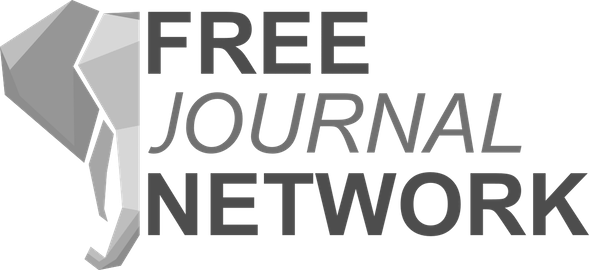Who we are
- FJN is a nonprofit corporation registered in the state of Massachusetts, USA.
- Here is a link to its bylaws.
- FJN is a membership organization with no financial requirement for membership.
- FJN is run by an elected board consisting of 9 people. For more details, follow this link.
What we do
The main purpose of FJN is to promote scholarly journals run according to the Fair Open Access model (roughly, journals that are controlled by the scholarly community, and have no financial barriers to readers and authors – see the Fair Open Access Principles for full details).
Our efforts are focused on:
- helping our journals to coordinate their efforts and share best practices
- obtaining funding for our journals to make improvements to their performance
- updating acceptance criteria to ensure that our journals continuously improve in quality
- promoting our journals and the Fair Open Access model widely
- advocating for improvements related to scholarly journal publishing more generally (for example, responsible use of bibliometrics to evaluate researchers).
Here is a FJN fact sheet.
For journals
- If you represent a journal and wish to join us, please check this page.
- If you are an individual with experience in the scholarly publication system and a strong desire to help further the goals of FJN, please contact us via this page.
Why Fair Open Access?
Open access, academy-controlled journals have been a common feature of scholarly communications since the rise of the Internet. Many are of high procedural quality, but are less well known than commercial journals of similar or lower quality.
Our efforts are complementary to the work of discipline-based organizations such as LingOA and MathOA that focus primarily on converting commercially controlled subscription journals to Fair Open Access. All these organizations aim to demonstrate that the Fair Open Access model is superior to the model of subscription journals owned by for-profit publishers.
See a list of prominent researchers who are public supporters of Fair Open Access.
